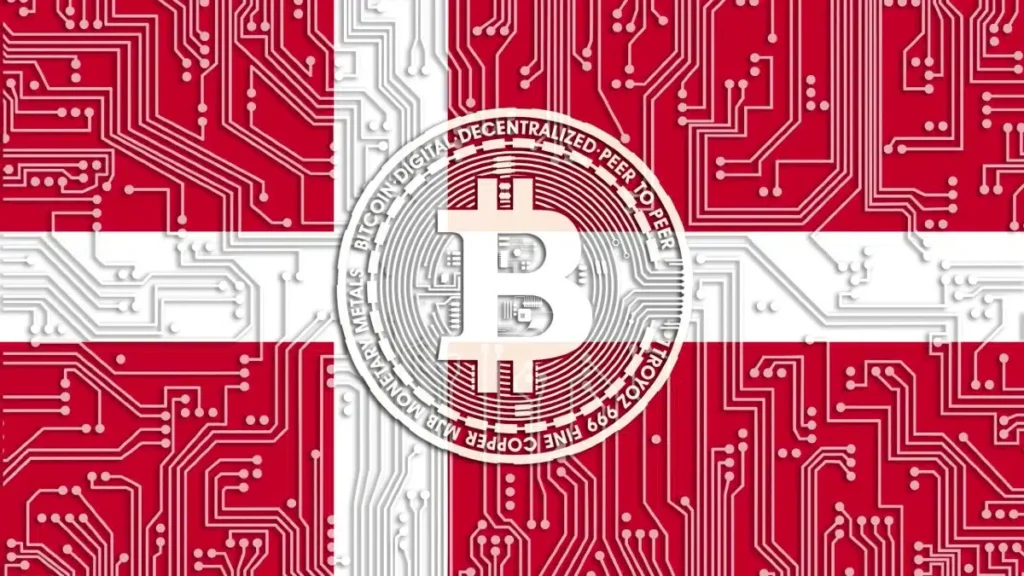Many Danish industry stakeholders are preparing for the roll-out of MiCA rules, with Denmark set to prohibit unhosted Bitcoin (BTC) wallets.

As part of its Decentralized Finance (DeFi) guidance, the Danish Financial Supervisory Authority (DFSA) is striving to eliminate unhosted Bitcoin (BTC) wallets.
Prohibition of Bitcoin wallets in Denmark is consistent with MiCA regulations
The regulator is apprehensive about the activities of unregulated platforms in the cryptocurrency sector. The DFSA strongly emphasizes the necessity of regulating all crypto platforms and service providers, including interface providers and mobile app developers.
Typically, using unregulated interfaces violates the legislation incorporated into the forthcoming Market in Crypto Asset (MiCA) regulatory framework. The rule’s partial implementation is imminent in mere days. This requires that all European Union crypto ventures be organized before that date.
Denmark’s decision would prevent crypto exchanges or trading platforms from providing consumers with Bitcoin wallets, DEX interfaces, or any other crypto-related products. The sole exception would be if they were regulated in Denmark.
Two weeks ago, the European Banking Authority (EBA) finalized the draft of the technical standards for prudential matters by the MiCA regulation. This entailed guaranteeing that all organizations within the European Union comply with the stringent financial regulations.
Changes in liquidity provisions, changes in own funds requirements, and highly stringent recovery plans for the issuers of crypto assets are among the amendments. The MiCA regulation has a significant impact on stablecoins, particularly those that are pegged to the United States Dollar.
Is it possible for MiCA to eliminate cryptocurrency?
A few market observers and prominent crypto players perceive the standards as strict.
Mikko Ohtamaa, who reported Denmark’s prohibition of unhosted Bitcoin wallets on X, posited that the regulations in MiCA are intended to eliminate digital assets. This sentiment is shared by Gary Gensler, the Chairman of the Securities and Exchange Commission (SEC). Although the DFSA’s intention may be commendable, Ohtamaa does not believe that “overregulation” is appropriate.
Ohtamaa, who is associated with the Trading Protocol, wrote on X, “While it may be appealing to compel all individuals to serve as regulated intermediaries in a peer-to-peer environment, it would be more frank to disclose that the ultimate goal is to prohibit all cryptocurrencies; we are merely being deceptive.”
